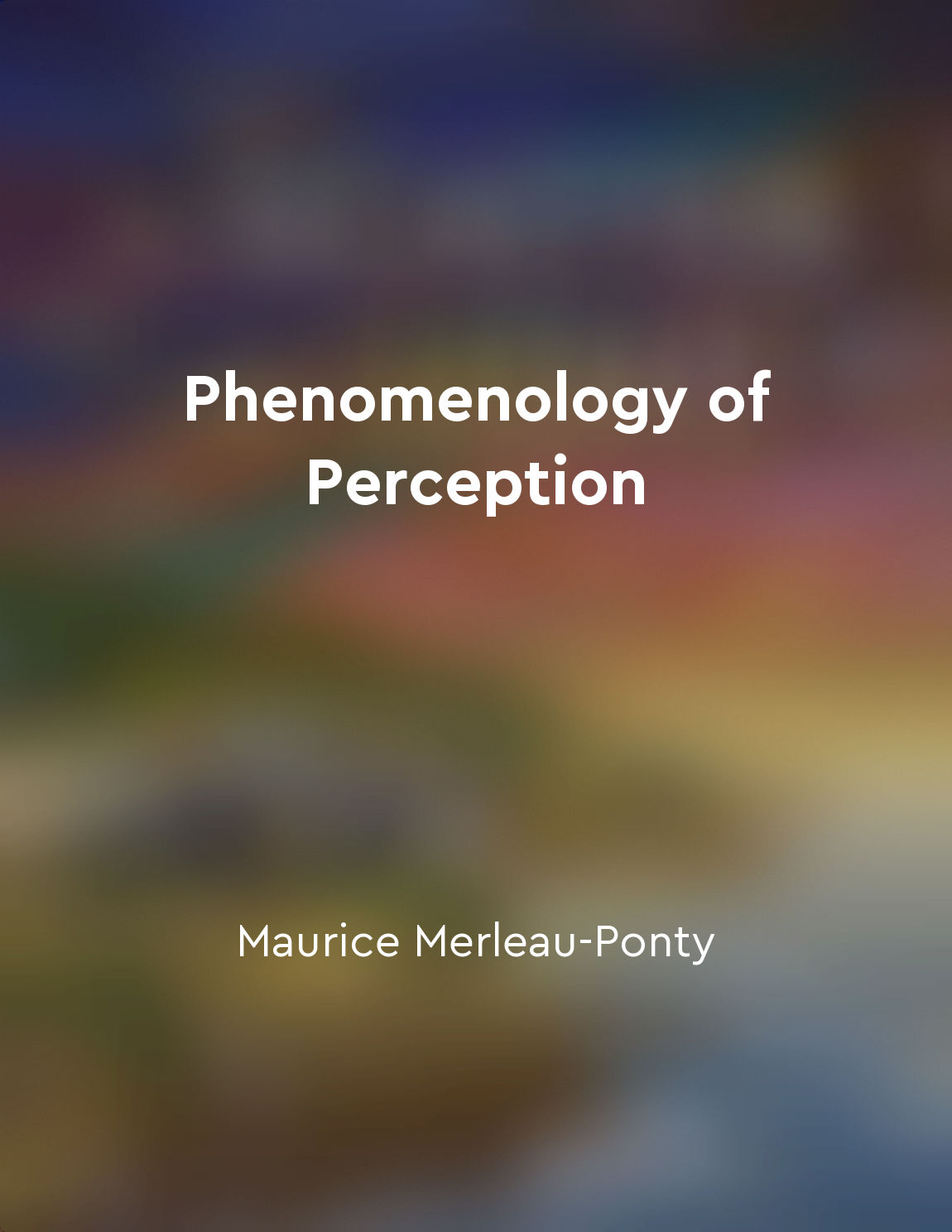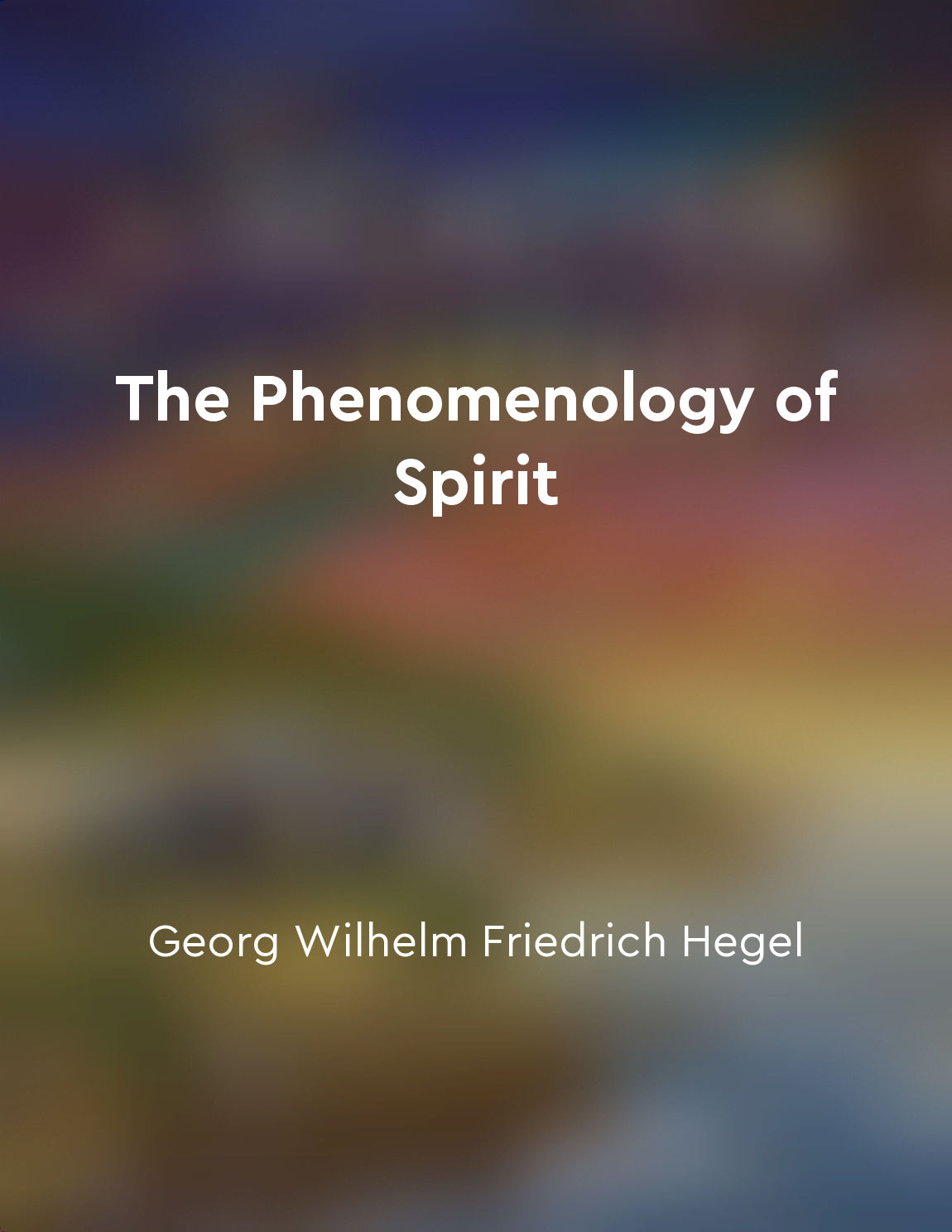Edmund Husserl developed phenomenology as a method of studying consciousness from "summary" of Humanly Possible by Sarah Bakewell
When Husserl first began developing the method of phenomenology, he was primarily interested in understanding the nature of consciousness. He wanted to delve into the depths of subjective experiences and uncover the structures that underlie them. By focusing on conscious experiences as they are lived and perceived, Husserl believed that he could uncover the essence of what it means to be conscious. Phenomenology, as Husserl conceived it, was not concerned with the external world or with objective reality. Instead, it aimed to explore the internal world of the mind and how it constructs meaning from the raw data of sensory experiences. Through careful analysis and reflection, phenomenology sought to uncover the fundamental structures of consciousness that shape our understanding of the world. Husserl believed that by bracketing off external influences and focusing solely on the phenomena themselves, he could gain insight into the essence of consciousness. This process of bracketing, known as epoché, involved setting aside preconceived notions and assumptions in order to approach phenomena with a fresh perspective. By suspending judgment and engaging in a form of radical reflection, phenomenologists could uncover the underlying structures that give meaning to our experiences.- Phenomenology was a method of inquiry that sought to uncover the subjective meanings inherent in conscious experiences. By examining the structures of consciousness and how they shape our perceptions of the world, phenomenology aimed to reveal the essence of what it means to be conscious. Through careful analysis and reflection, phenomenologists could gain a deeper understanding of the nature of consciousness and the ways in which it structures our understanding of the world.
Similar Posts

The body is a medium through which we experience the world
Merleau-Ponty argues that our body is not just a physical entity but rather a way in which we engage with and perceive the worl...
Time and free will are inseparable aspects of our existence
Time and free will stand out as fundamental elements of our being, intertwined in a complex and intricate relationship. Time is...

The self as a product of history
The self is not a static entity, but rather a dynamic process that unfolds over time. It is shaped and molded by the events, ex...
Derrida's critique of metaphysics
Derrida's critique of metaphysics is a central theme in his work, challenging the traditional view of metaphysics as the founda...
Poststructuralism and deconstruction
Poststructuralism and deconstruction are complex concepts that challenge traditional ways of thinking and understanding. They q...
The present is the locus of our freedom
The concept that the present is the locus of our freedom is central to understanding the nature of time and our ability to make...

